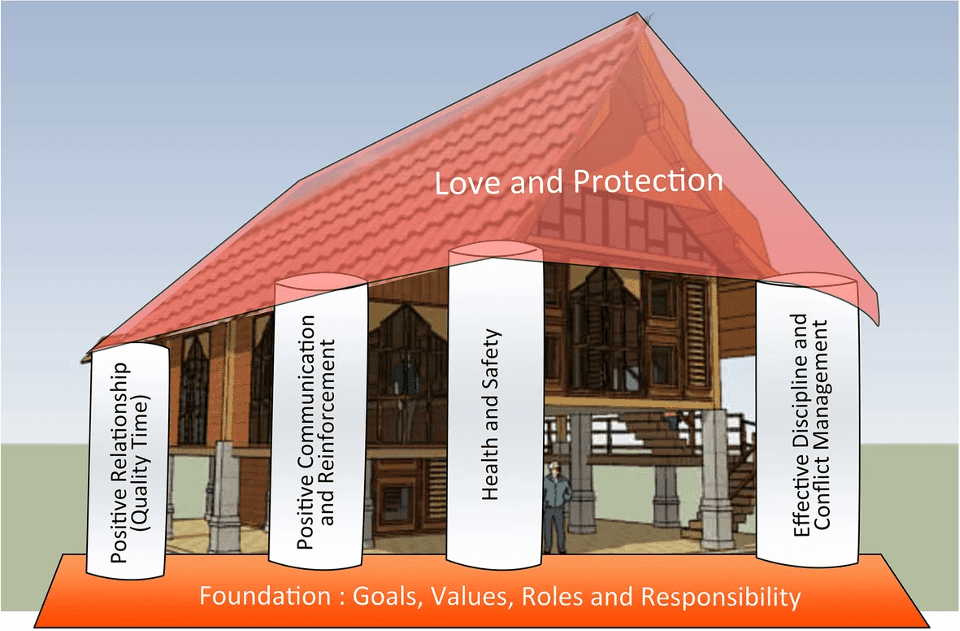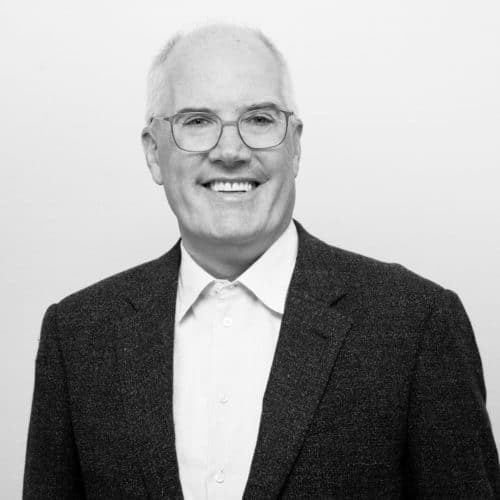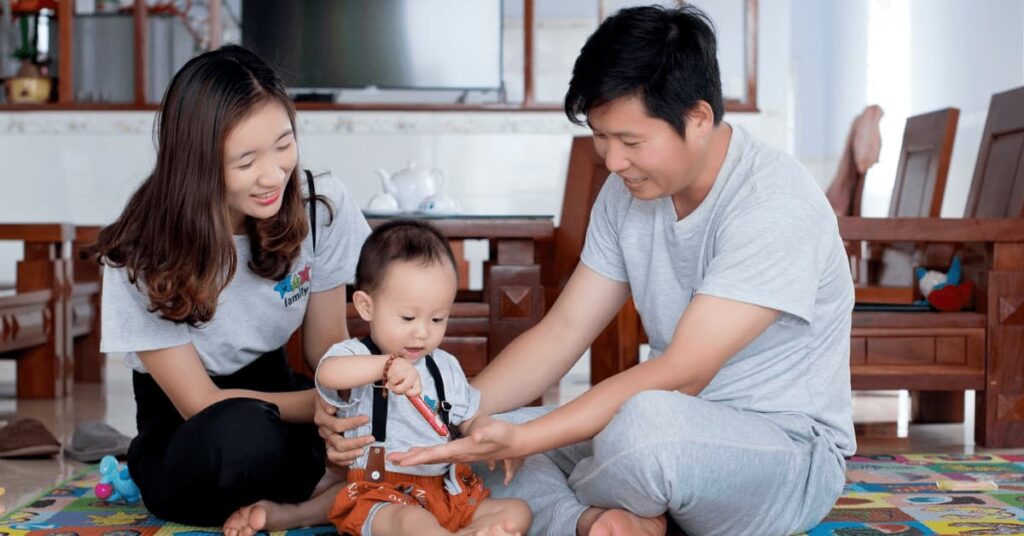Lessons from Malaysia
Raising Future Leaders: Why Southeast Asia Needs to Invest in Parenting Programmes

The Importance of Parenting for Your Child’s Future
The perpetuation of violence against children is not only a violation of their rights – it comes with a heavy economic cost. That cost is estimated at two percent of East Asia and the Pacific’s GDP due to health and education impacts, lost earnings, increase in crime and incarceration, and other variables. Violence against children is often perpetuated within the household, very often by extended family members and is frequently accepted by community norms, attitudes and practices. Parenting programmes seek to introduce households and communities to new knowledge and practices that create a safe, protective, and nurturing environment for children that promotes their ability to thrive. When children are better able to meet their full potential, they are better positioned to contribute to the economic and social development of their households, communities, and nations.
The Groundbreaking Malaysian Parenting Demonstration Model
The Naungan Kasi Positive Parenting Program enhanced existing programmes managed by the Ministry of Women, Family and Community Development’s National Population and Family Development Board with content from Parenting for Lifelong Health and the WHO and UNICEF’s Care for Child’s Healthy Growth and Development initiative. The goal was to keep the interventions as economically feasible as possible while ensuring that they were appropriate to the local context. The demonstration program took place in two communities in Selangor and Putrajaya, i.e., Shah Alam (lower income and mixed low- to middle-income). A group of facilitators were trained and deployed to each community.
Parents and caregivers of children up to age 17 were eligible to participate in the program. The six training modules were grounded in social learnings and attachment methods and focused on, inter alia, parental goals, roles and responsibilities, positive relationship building through quality time, positive communication and reinforcement, health and safety, and effective discipline and conflict management. The participating parents were divided into different groups depending on the age of the child and the facilitators conducted a highly participatory and ‘active learning’ approach to deliver the curriculum. There was a reflection and celebration at the end of the program.
Impressive Outcomes of the Programme Evaluation
The results were stunning by all measures. A comprehensive evaluation of the demonstration programmes found a 32% reduction in overall abuse, a 71% reduction in physical abuse, and a 19% reduction in emotional abuse. In addition, there was a 74% reduction in endorsement of corporal punishment, reduced child behavior problems, and a reduced sense of parenting inefficacy. One mother is quoted in the study saying “… my children say that before I always scolded them… but now it is different… Before I was like a Tarzan. But now… when I feel angry, I take a pause. And the children said, ‘Mum, your voice is not like a Tarzan anymore.”
Importantly, participating parents also reported positive qualitative changes in their own lives and relationships. Improved parenting and reduced conflict was reported to have reduced stress in the household and improved communication between partners.
The participating adolescents also echoed the results of the program. They reported more positive discipline, less scolding, and closer relationships with their parents. Their stress levels were reduced and, in many cases, they felt closer to their parents and communicated more openly.
Exploring the Applicability of this Approach in Different Communities
Parenting programmes have proven to be successful in many countries and contexts. Parenting for Lifelong Health (PLLH) is one of the parenting programme models that has shown success. The programme includes extensive background, approaches and materials for those interested in providing the children of the region with a sound foundation for their futures.
Maestral International has prepared a short summary of its approach and expertise on parenting support. UNICEF has also prepared a Hub for Parenting Resources which is available in both English and Malay.


















